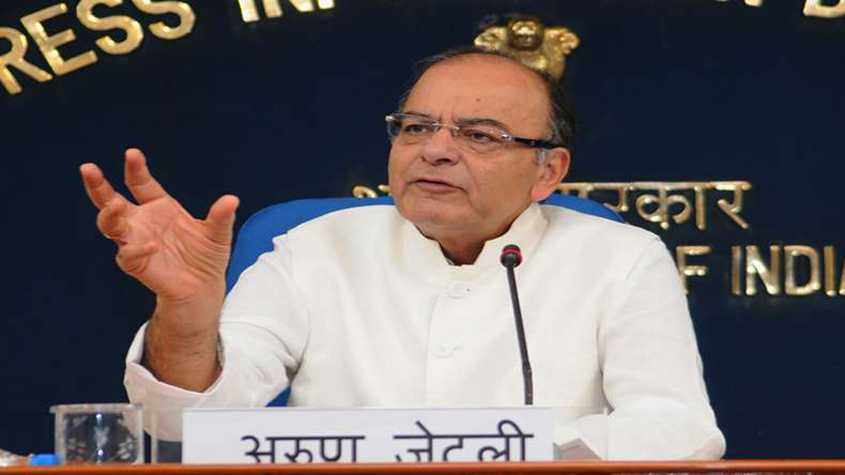The controversy that political parties can deposit any quantum of old notes in their respective bank accounts without having to explain its source might have raised some questions, but such an exemption is not something new that has been extended to political parties. Although Ministry of Finance officials and apex court lawyers have confirmed that such an exemption exists for political parties, such has been the position of law for a very long period of time. They do not agree with the view that preferential treatment is being given to political parties. That all funding received by political parties should be subjected to strict scrutiny could be subject of larger electoral reforms, but recent misgivings related to such exemption have nothing to do with demonetisation.
Under the Section 68 of the I-T Act, which deals with unexplained cash credit in one’s bank account, all unexplained cash credit in bank account would have to be explained to the I-T authorities. However, Section 68 does not apply to political parties because money received by them is considered as donation rather than as income. All political parties have been enjoying such exemption ever since the Act came into operation.
Although it is true that donations of less than Rs 20,000 received by political parties is not scrutinised for its source, all donations above this threshold do require explanation in the tax returns filed by political parties. Experts agree that many political parties take refuge under this window (below Rs 20,000 limit) and prefer taking donations for Rs 19,999.00 to dupe the law. But if it needs to be corrected, it would require paradigm shift in our electoral laws.
After the demonetisation move, people have been given specific assurances that any amount (up to Rs 2.5 lakh) deposited in their account will not bring them on the I-T radar. But deposits higher than Rs 2.5 lakh need to be supported by a valid source of income, failing which strict action might be taken against errant depositors.

